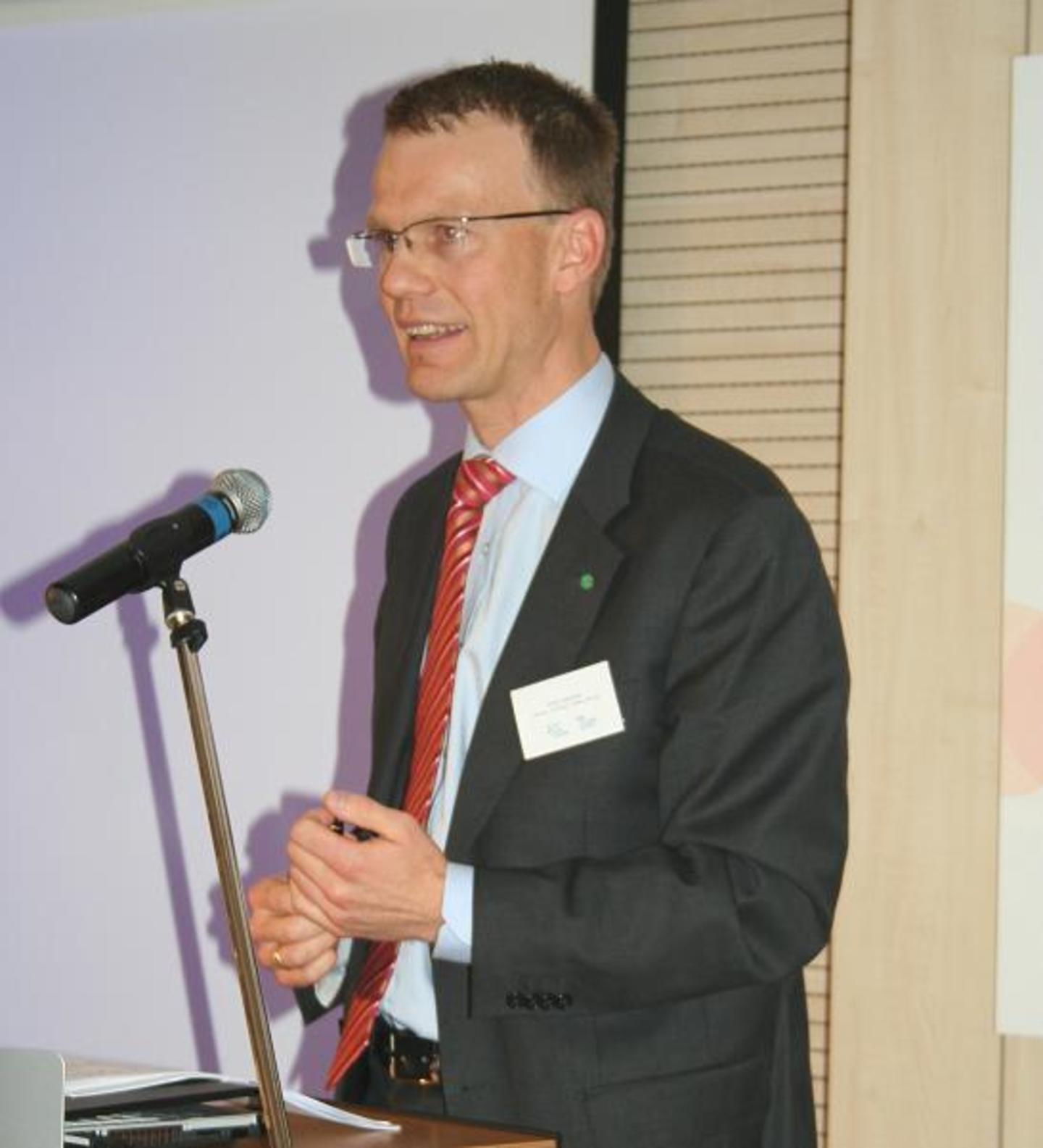The Permanent Representation of Poland to the EU and the Mission of Norway to the EU held a joint seminar on 20 October on “The EEA and Norway Grants: a contribution to social and economic development in Europe”. Around one hundred Brussels-based representatives from the EU institutions, embassies, permanent representations to the EU and regional offices of the beneficiary and donor states, attended the event.
Continued support
Following a welcome by Norway’s Ambassador to the EU, the Norwegian State Secretary of Foreign Affairs, Erik Lahnstein, underlined how the Grants have an important role to play in complementing wider EU efforts to promote social and economic cohesion, and to bridge gaps in development. Setting his speech against the backdrop of the economic and financial crisis in Europe, Lahnstein reiterated how all countries in Europe need to continue to pull together to safeguard Europe’s achievements and shared values.
He drew attention to some of the key successes of the EEA and Norway Grants 2004-2009. The Grants have provided much needed support in the 15 beneficiary countries in a broad range of areas – from environment and civil society, to health and justice and home affairs. Under the bilateral dimension, the Grants have also helped to cement ties for pooling expertise and resources across borders. Lahnstein highlighted opportunities in the current funding period 2009-2014, where the environment sector is now the largest area of intervention. Much of the funding in this area will back projects designed to tackle climate change and promote green innovation – important priorities also for the donor states.
Polish success
Poland is the largest recipient of the EEA and Norway Grants. Adam Zdziebło, Secretary of State in the Polish Ministry of Regional Development, highlighted some of the success stories from the over 400 projects which received funding, worth almost €560 million between 2004 and 2009. As an example, more than 300 buildings in schools and hospitals were renovated, not only improving energy efficiency and reducing pollution, but also substantially improving the environment for patients and students, and education and health personnel.
Complementing EU efforts
In many areas, the support also complements wider EU funding and policy efforts. The final keynote speaker, Rudolf Niessler from DG Regional Policy in the European Commission, expressed satisfaction with the great interest and engagement from Norway in many EU programmes, describing the EEA and Norway Grants as: “An indispensable contribution to the development of the EU.” He welcomed the shift in the current funding period to a programme approach, which is in line with the implementation model of the EU’s structural funds.
The keynote speeches were followed by a lively panel debate. Representatives from the donor and beneficiary states, as well as the European Commission, shared their views and experiences of the Grants. At a time when many countries are witnessing drastic cuts in public budgets, the support can help to plug a gap and reinforce dialogue and exchange between the countries involved.
